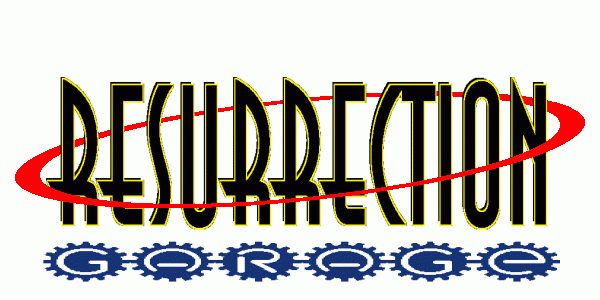How Do You Know if You Have Bad SoilDon't let someone tell you you have to find another area. You live where you live, so make it work.
The only definitive way to know for sure is to have it tested. Your Cooperative Extension probably provides this service for a nominal fee. Many nurseries also test soil.
A quick guestimate of your soils health can be made by looking at your plants health. If they are thriving, don’t fix what isn’t broken. If your plants are languishing, yellowing or otherwise looking sickly or you feel like you are forever feeding them, it would be worth testing your soil.
Making Good Soil
If your pH is off, you will get a recommendation for adding either lime, to raise the alkalinity, or sulfur, to lower the pH. This is easy enough to do and should be done in stages, so as not to shock the plants. Generally it is recommended that you not add more than 5 pounds of lime or sulfur per 100 sq. ft. of existing garden. If you were wise enough to test your soil before putting in a garden or lawn, go ahead and dump in the whole recommended amount.
Adding Nutrients
If you find you need to add nutrients to your soil, you’ll have the choice of organic or inorganic. Inorganic fertilizer has some pluses in its favor. It is usually cheaper than organic fertilizer and it acts more quickly. However, it does nothing for the soil and in some cases actually damages the soil with its higher salt content. So inorganic fertilizers don’t actually amend the soil, they simply feed the plant. It is kind of like a human being trying to survive on vitamin supplements and no substantial food. There have also been some recent studies that claim plants build up a resistance to inorganic fertilizers and require more and more of them to get the same results.
That organic fertilizers are slower acting is actually a good thing. They release their nutrients over a period of time. There are many good complete organic fertilizers on the market. A complete fertilizer is one that contains all three primary nutrients, nitrogen, phosphorus and potassium. See How To Read a Fertilizer Label for more information on that. You can also get supplemental nutrition from products like manure and fish emulsion for nitrogen, bone meal for phosphorus and wood ashes for potassium. If you’ve had your soil tested, you’ll know what you need to add.
Adding Organic Matter
Back to organic matter, this is the only amendment that aids both the fertility and the texture of the soil. Whether it’s animal manure or plant humus, you will be feeding the soil and the whole ecosystem that exists there. The soil in turn will feed your plants.
There are many types of organic matter.
* Compost makes an excellent amendment and if you are composting your garden waste, it’s free.
* Manure can often be obtained from local farms and stables. Manure should be composted and decomposed until it turns dark, crumbly and odorless. Fresh manure has too much ammonia in it and can burn your plants and offend your neighbors.
* Peat moss is cheap and works well to loosen the soil. It is also very dusty. Wet it first to make it easier to work with.
* You can even work grass clipping and other debris directly into the garden bed to decompose slowly. Be sure whatever you put down is free of seed.
* Cover crops or green manure are crops grown on unused soil with the intent of tilling them in and letting them decompose in the garden. The roots keep the soil loosened as they grow and the plants suppress weeds. Cover crops from the legume family, like clover and vetch, also add nitrogen to the soil.
Bottom Line
Adjusting you soils pH, fertility and texture to your plants liking is the final say in making good soil. Your plants will determine what your soil’s pH should be. Organic matter will improve the soil in the long run. All soil will benefit from the addition of organic matter. How well your soil incorporates the organic matter will determine how much supplemental feeding will be necessary.
Wednesday, April 14, 2010
Bad Soil Into Good Soil
You can correct bad soil by making it good. Here are some tips from About.com:
Subscribe to:
Post Comments (Atom)





No comments:
Post a Comment